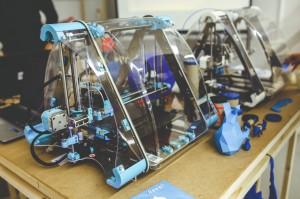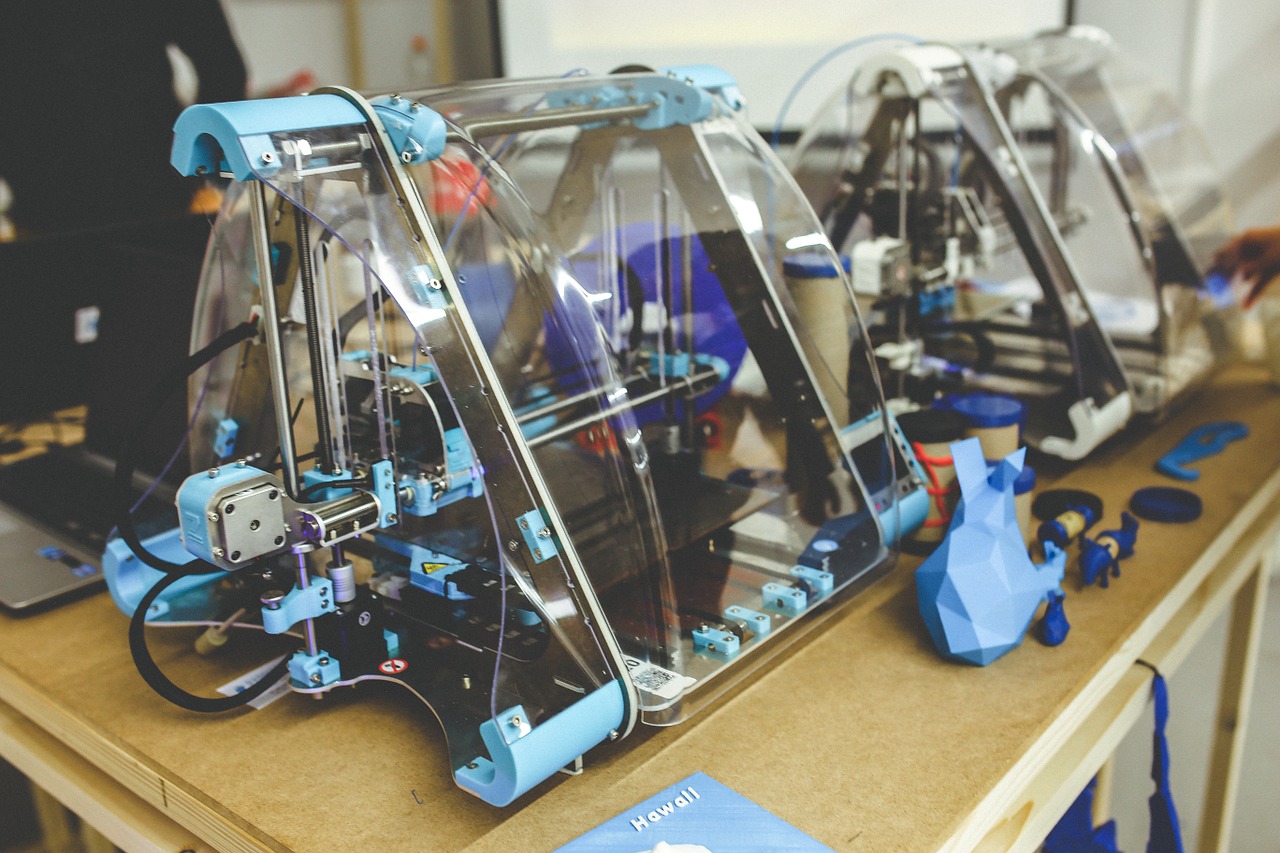 As I’ve discussed in a previous post, the possibilities of three-dimensional printing are truly limitless. An innovator’s dream, this fascinating technology offers would-be entrepreneurs and inventors the ability to conceptualize and execute projects all in the privacy of their home should they choose. With its ease of access, innumerable creative individuals now have the ability to change the world, all on their own. Perhaps unsurprisingly then, though no less notable, good samaritans at Boston Home in Massachusetts are doing their part to better the lives of others.
As I’ve discussed in a previous post, the possibilities of three-dimensional printing are truly limitless. An innovator’s dream, this fascinating technology offers would-be entrepreneurs and inventors the ability to conceptualize and execute projects all in the privacy of their home should they choose. With its ease of access, innumerable creative individuals now have the ability to change the world, all on their own. Perhaps unsurprisingly then, though no less notable, good samaritans at Boston Home in Massachusetts are doing their part to better the lives of others.
Often, for those handicapped, they experience constant difficulty attaining what insurance companies might deem to be “luxuries,” like wheelchair joysticks, control knobs, or cup holders for instance. Yet, thanks to 3D printing capabilities, a man by the name of Don Fredette, the adaptive equipment specialist at Boston Home, is able to produce these parts in-house, thus bypassing potentially burdensome insurance companies.
Utilizing the MakerBot Replicator 3D printer, he has been able to continuously produce new projects as the need for them arises. As handicapped individuals grow older, their needs can change. Luckily, the MakerBot Replicator allows Fredette to remain dynamic with the times, creating what needs to be created when it needs to be created.
He has also found additional ways to bolster the quality of life for residents at Boston Home. In fact, he has invented what is dubbed the “mouth stick,” a fascinating device that actually allows those without the use of their hands to paint with watercolors. By properly using the tool, a disabled individual is able to adjust their paintbrush in regards to the proximity of their face, and proceed to create art. Yet, Fredette’s watercolor paintbrush is hardly the only item he has produced via the printer.
He has been able to produce cradles for voice-controlled television remotes, chin switches for calling aids, holders for communication devices like phones and tablets and even cell phones. Remarkably, while one would think that in order to create these items a high level of technical training would be required, the fact is that the process is relatively simple.
According to Fredette, “This is not complicated. This isn’t a prosthetic. It isn’t high-tech…but it’s making a huge difference for the person.” Coming from Fredette, this means an awful lot considering he mostly taught himself both printing and design. So, without much training, and because of a 3D printer, a single man has been able to make an immeasurable difference in the lives of those who need it most.
Moving forward, I can only imagine what the wonders of 3D printing hold for the world; and I can only hope it continues to bring out the best in people like Don Fredette.
